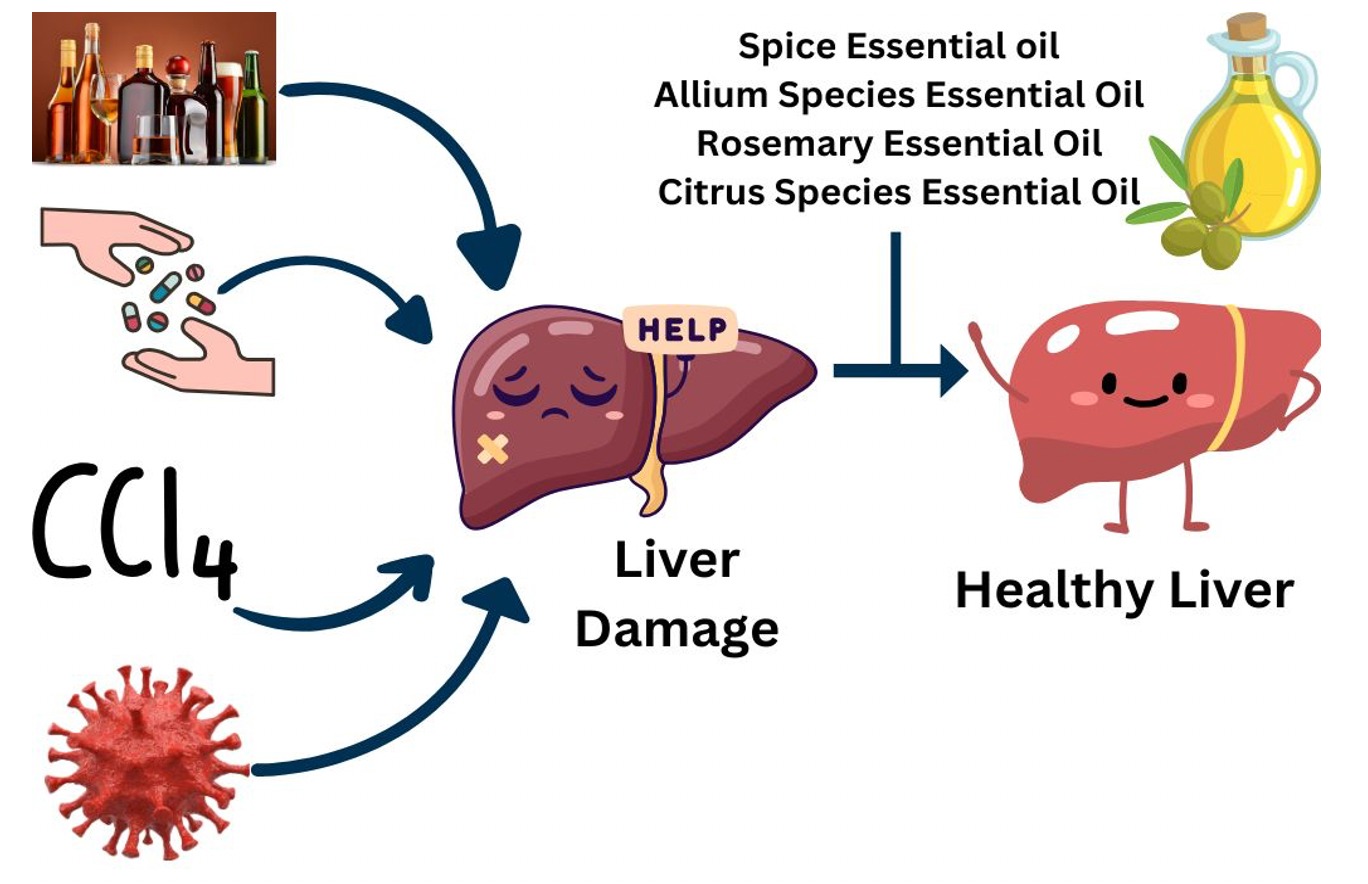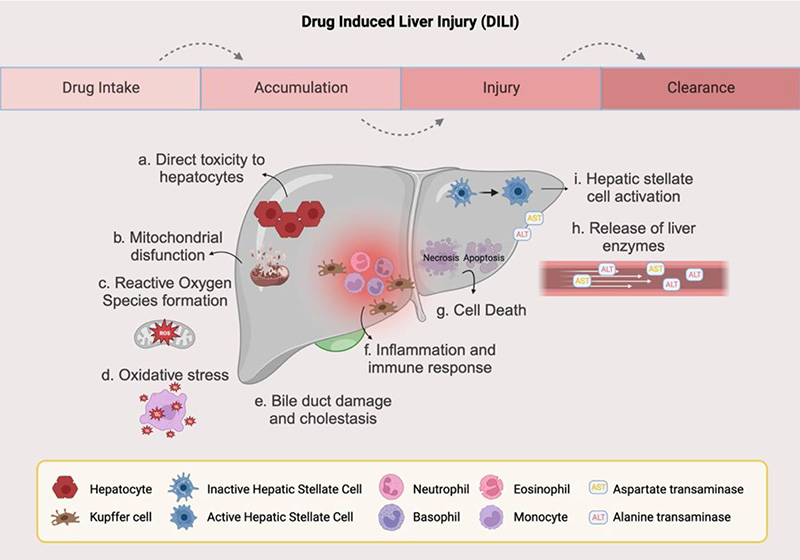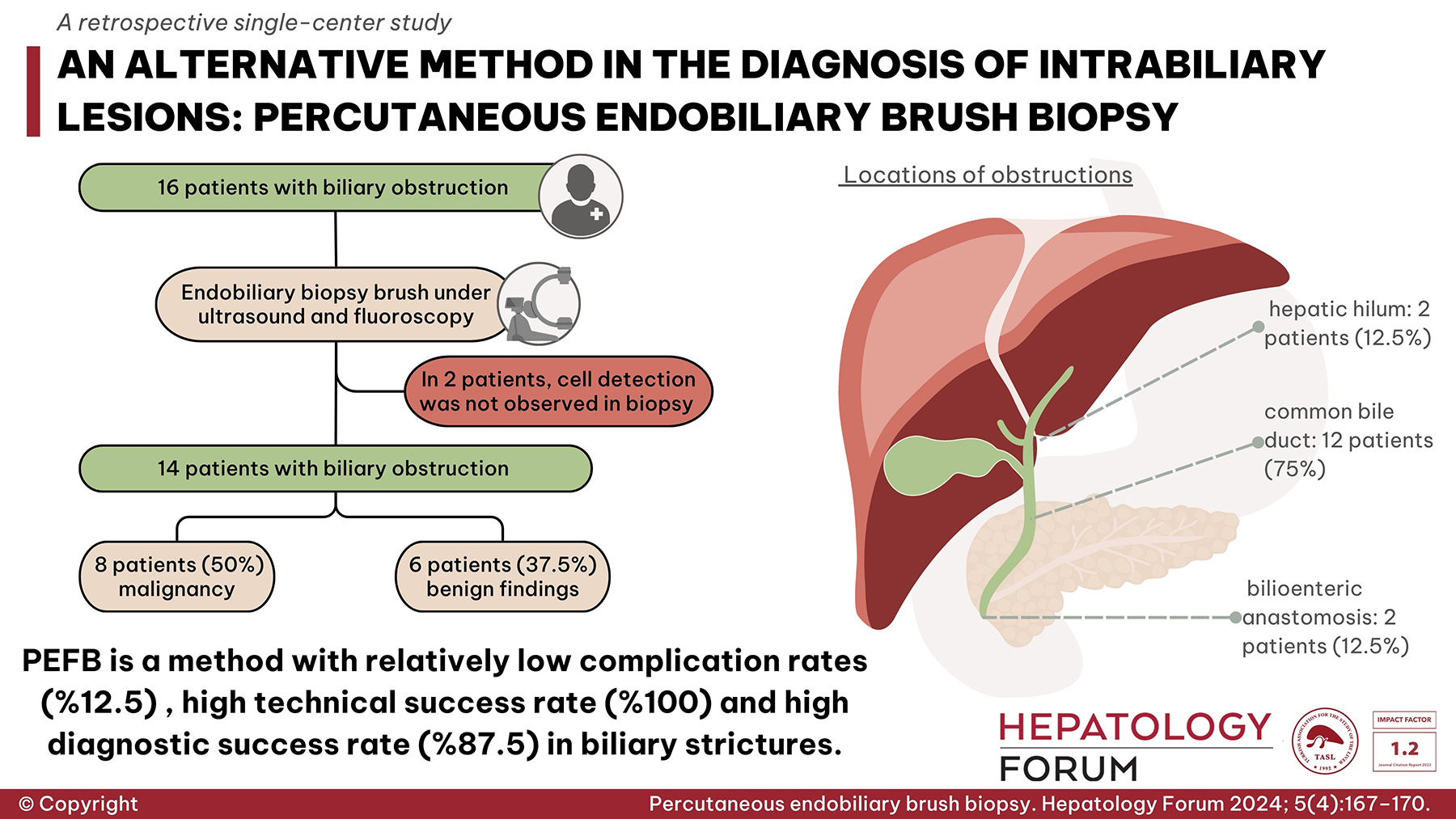2Department of Medical Biochemistry, Hacettepe University, School of Medicine, Ankara, Turkiye
Abstract
The liver is a crucial organ in the regulation of metabolism, signaling, and homeostasis. Using recent advanced sequencing technologies, several mutations of genes in major metabolic and signaling pathways have been discovered in the pathogenesis of hepatocellular carcinoma (HCC). These gene signatures alter expression and ultimately affect biochemical pathways by modifying enzyme/protein levels, resulting in numerous clinical outcomes related to HCC. It comes with varying forms of genetic and biochemical alterations, associated with carbohydrate, lipid, nucleic acid, and amino acid metabolism, as well as signaling pathways linked to tumorigenesis. Here, we aim to summarize the main components and mechanisms involved in the progression of HCC with a special focus on the metabolic regulation of key effectors of tumorigenesis, through the crosstalk between genetics and biochemistry. This paper provides an overview of hepatocellular carcinoma, underlying the fundamental effect of gene variations on metabolic and signaling pathways. Since there is still an unmet need for biomarkers and novel therapeutic targets, some of these signature genes or proteins can be used as novel biomarkers for diagnosis, prognosis, and novel potential therapeutic targets for the treatment of HCC





 Mete Ucdal1
Mete Ucdal1 









